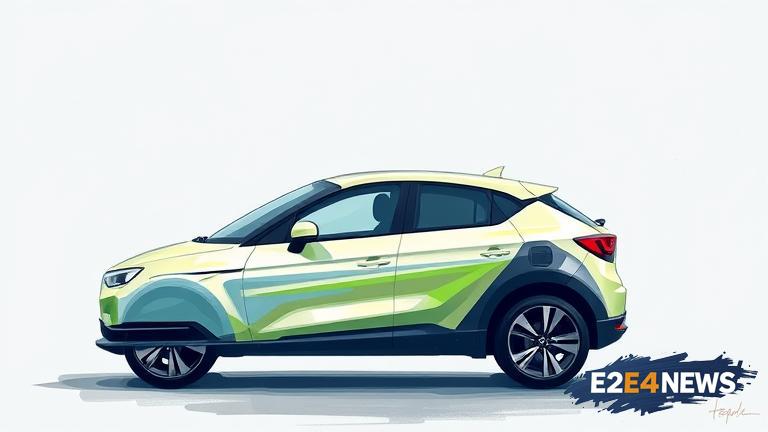The Indian government has announced a comprehensive plan to promote the adoption of electric vehicles (EVs) in the country. The new policy framework aims to reduce the country’s dependence on fossil fuels and mitigate the impact of climate change. With a target of achieving 30% of new vehicle sales to be electric by 2030, the government is set to provide incentives and subsidies to encourage the growth of the EV industry. The plan includes measures such as investing in EV charging infrastructure, providing tax exemptions, and offering subsidies to manufacturers. The government also plans to promote the use of EVs in public transportation, with a focus on electrifying buses and taxis. Additionally, the plan includes initiatives to encourage the adoption of EVs in the private sector, such as offering incentives for companies to switch to electric fleets. The government has also announced plans to establish a network of EV charging stations across the country, with a focus on major cities and highways. The plan is expected to create new job opportunities in the EV sector and contribute to the country’s economic growth. The Indian government has also announced plans to invest in research and development of new EV technologies, including battery technology and charging systems. The plan is part of the government’s larger strategy to reduce the country’s carbon footprint and achieve its climate change goals. The government has set a target of reducing greenhouse gas emissions by 33-35% by 2030, and the promotion of EVs is seen as a key step towards achieving this goal. The plan has been welcomed by the EV industry, with many manufacturers and startups expressing their support for the initiative. The government has also announced plans to establish a regulatory framework to govern the EV industry, including standards for safety and performance. The plan is expected to have a positive impact on the environment, with a reduction in air pollution and greenhouse gas emissions. The government has also announced plans to promote the use of renewable energy sources, such as solar and wind power, to charge EVs. The plan is part of the government’s larger strategy to promote sustainable development and reduce the country’s dependence on fossil fuels. The Indian government has also announced plans to establish a network of EV testing and certification centers, to ensure that EVs meet safety and performance standards. The plan is expected to create new opportunities for investment in the EV sector, with many companies and investors expressing their interest in the initiative. The government has also announced plans to promote the adoption of EVs in rural areas, with a focus on providing access to EVs for low-income households. The plan is part of the government’s larger strategy to promote inclusive growth and reduce poverty. The Indian government has also announced plans to establish a national EV policy, to provide a framework for the growth of the EV industry. The plan is expected to have a positive impact on the country’s economy, with a reduction in oil imports and an increase in employment opportunities.
